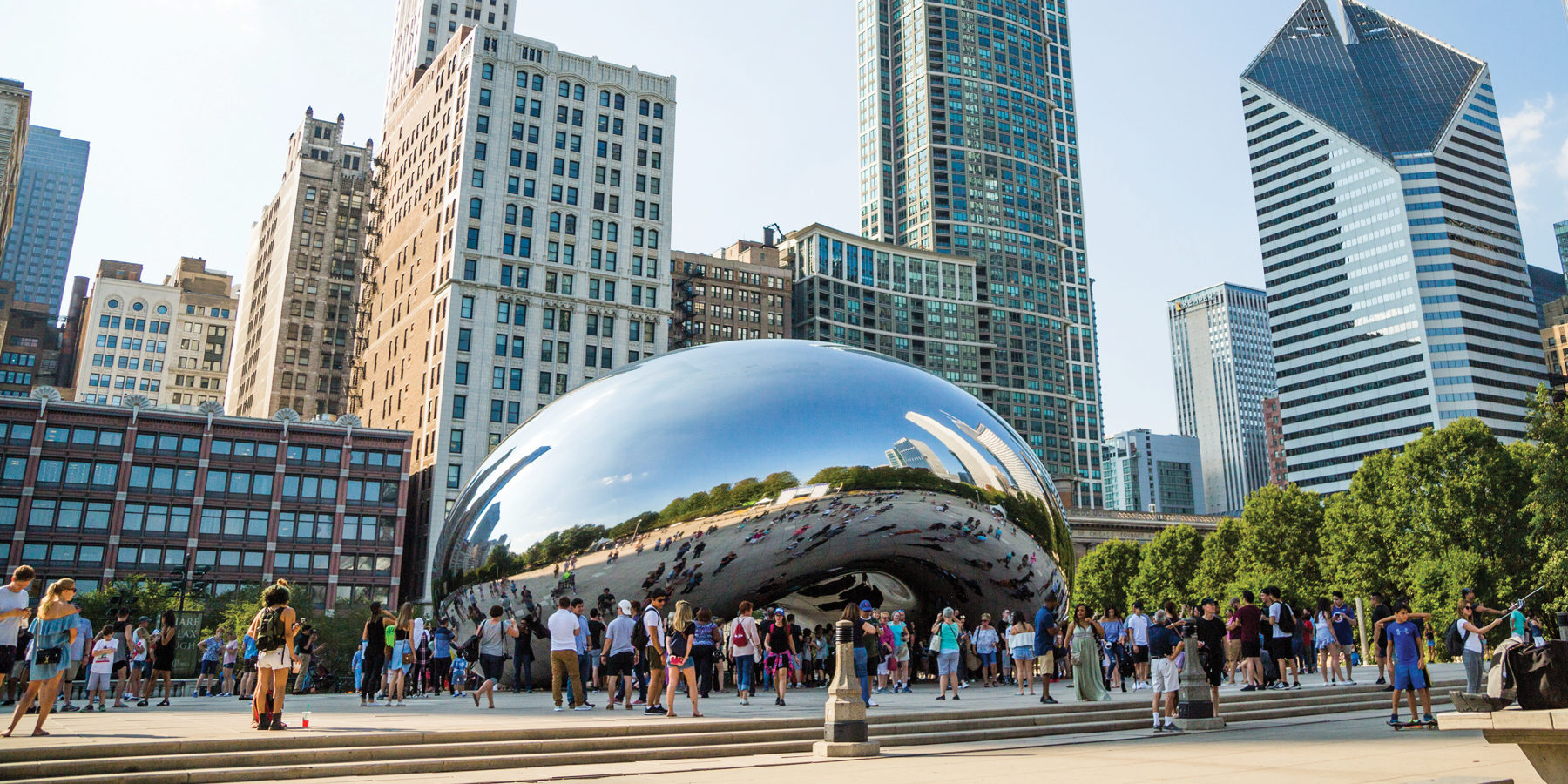A record launched Tuesday via the Chicago Coalition for the Homeless estimates that 18,000 homeless humans within the city have completed some university. Every other 13 four hundred have some form of employment. Rauquaia Hale-Wallace, 49, of Chicago, is one of them. She’s trained as an opera singer, and her husband has a task within the transportation enterprise. However, the couple has experienced homelessness.
Hale-Wallace said she grew up inside the Cabrini-Green public housing complex, after which she lived in Old Town earlier than transferring to the city’s West Side. After graduating from high school in the late 1980s, she traveled to Italy to study while she turned into a college. But after dropping sponsorship for her profession, Hale-Wallace has struggled to locate normal paintings despite having a university diploma.
She’s given advanced arthritis and diabetes. She said that her family needed to leave a rental due to risky conditions and ended up in a church, where they lived for six years before the church informed them to move. They moved to a shelter in Uptown before a charity helped them get a condo. “Over time, with task loss and arthritis … With aches being up, it’s difficult for me to paint now. Although I’m singing in distinctive locations, it’s not enough to say I can come up with the money to stay right here,” she stated.
According to the coalition’s examination, Hale-Wallacelace is amongst approximately 86,000 people who experienced homelessness in Chicago, which analyzed 2017 census information. Chicago’s homeless population, in step with advocates, is substantially higher than the point-in-time depend the metropolis conducts every January because the tally doesn’t encompass people who are “doubled up,” or staying, in other people’s houses. According to the coalition’s analysis, approximately 22,500 people were served using shelters in 2017, and six 300 of them were doubled up sooner or later that year.

The remaining point-in-time depends on which ends are available; from January 2018, more than five 000 people are dwelling in shelters or locations not applicable for human habitation. According to the coalition, 4 out of five homeless humans fall into the “doubled up” class, defined through the alliance as “taking haven in some other family due to a loss of their housing.”
“Now we have got a way to talk approximately the entire scope of homelessness in Chicago,” stated Julie Dworkin, coverage director for the Chicago Coalition for the Homeless. “The point-in-time matter doesn’t… Capture the way most of the people enjoy homelessness. Being capable of quantifying that has pushed the envelope in Chicago in phrases of the town thinking about what resources are important to address it. If you’re the best thinking about 5,000 human beings, you’re considering a unique amount of money than when you have 80,000 humans.”
The coalition supports an increase in the real estate transfer tax to assist people like Hale-Wallace, who the institution made to be had to the Tribune for an interview. Dworkin stated that the tax could improve up to $200 million to spend on packages to fight homelessness. “We Ate moment ar, wee in comcommunication regardingproximately information of what the tax shape may be and how cash may be spent,” Dworkin said. “We’re watching for it to move forward. We hope to introduce the resolution at the July City Council assembly.”
The metropolis taxes the switch of land and homes for $ five 25 in keeping with the $500 sale fee. Of that, $3.75 goes to Chicago and $1.50 to the Chicago Transit Authority. Before she was elected, Mayor Lori Lightfoot released a policy to assist an exchange to the switch tax that might lower quotes on transfers under about $1 million and growth fees on a graduated scale above that. Citizens might authorize any growth, and the money could be spent on programs to combat homelessness.
Dworkin said the coalition is running with the mayor’s office at the plan’s particulars, and Dworkin hopes to look at a measure on the poll next year. Lightfoot’s office issued an announcement calling homelessness “severe trouble going through hundreds of Chicagoans”; however, it didn’t cope with whether she supports the elevated transfer tax she proposed during the marketing campaign.
The coalition came to its total homeless estimate using reading American Community Survey information, which samples various families. The look identified survey respondents who seemed to be “doubled up.” The report notes that growing housing fees are a hassle in Chicago. The “housing wage” required to develop the money for a -bedroom condo in the metropolitan region is more than $23 according to the hour, consistent with the National Low Income Housing Coalition.
The Chicago Association of Realtors opposes an increase in the transfer tax. “It’s only a tax for coming in and shopping for a home or buying an enterprise or shopping for any land in any way,” said Brian Bernardoni, senior director of presidency affairs and public policy for the realtor’s institution. “It’s a quite properly slap inside the face proper on the start of the transaction. If it’s put on the vendor, it’s stripping of fairness. If it’s on the customer, it’s, ‘right here’s your first property tax invoice before your private home tax bill.'”








